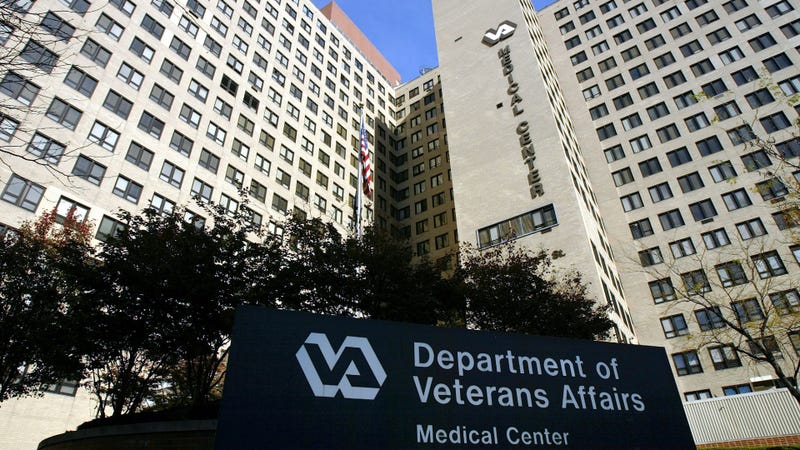
Three veterans service organizations today released independent budget recommendations for the Department of Veterans Affairs.
The report by Disabled American Veterans, Paralyzed Veterans of America, and Veterans of Foreign Wars serves as a roadmap to ensure VA is fully funded and capable of carrying out its mission to serve veterans and their families, both now and in the future.
“As we enter into 2022, COVID’s impact remains a challenge for VA, with the spread of the virus and disruptions to health care systems continuing,” said Randy Reese, executive director of DAV Washington Headquarters. “In this environment, we made cautious recommendations based on historical trends to ensure the needs of our nation’s ill and injured veterans are met.”
The Independent Budget’s recommendations, coupled with the Administration’s FY 2023 budget proposal, will be used to guide Congress with its spending decisions for the coming year.
“For over 30 years, the IBVSOs have co-authored the IB, offering substantive solutions and policy recommendations to ensure the timely delivery of specialized health care, as well as appropriate earned benefits for the men and women who served,” said Bob Wallace, executive director of VFW Washington Office.
For the Fiscal Year 2023, the IBVSOs are recommending $121.2 billion for the Veterans Health Administration to meet the full demand for care both within VA’s health care facilities and its Community Care Networks. The IB report details specific funding levels and targeted increases for VHA programs, including a $490 million increase for the Caregiver Support Program, $395 million boost for homeless veterans’ programs; $288 million more for mental health services and suicide prevention efforts; $160 million increase for health care for women veterans and minorities; and $1.8 billion to close the gap in clinical care and support vacancies across VHA.
“This year’s IB recommendations also contain significant plus ups for VA’s Home and Community Based Services – something especially critical for our veterans with catastrophic disabilities,” said PVA Executive Director Carl Blake.
That includes additional funding to expand the Veteran Directed Care Program into every VA Medical Center and more money towards the expansion of Phase II of the Caregiver Program to ensure it begins on time, he explained.
The IBVSOs recommend a total of $3.9 billion for FY 2023 for the Veterans Benefits Administration, an increase of approximately $510 million over the estimated FY 2022 appropriations level. They also recommend $251 million for the Board of Veterans’ Appeals.

The IB recommendations include expanding funding for the Veteran Employment Through Technology Education Courses; veteran retraining programs and additional information technology funding for both VBA and BVA to modernize their IT infrastructure, reduce backlogs, and streamline the delivery of benefits to more than four million disabled veterans and their survivors.
The IB recommends Congress appropriate $3.8 billion for VA’s major and minor construction programs in FY 2023 to fund new and existing major construction projects, begin advance planning and design development on VA’s highest-priority health care construction projects, and boost support for pending minor construction projects.
To view the full budget and policy recommendations, visit here.
Reach Julia LeDoux at Julia@connectingvets.com.


